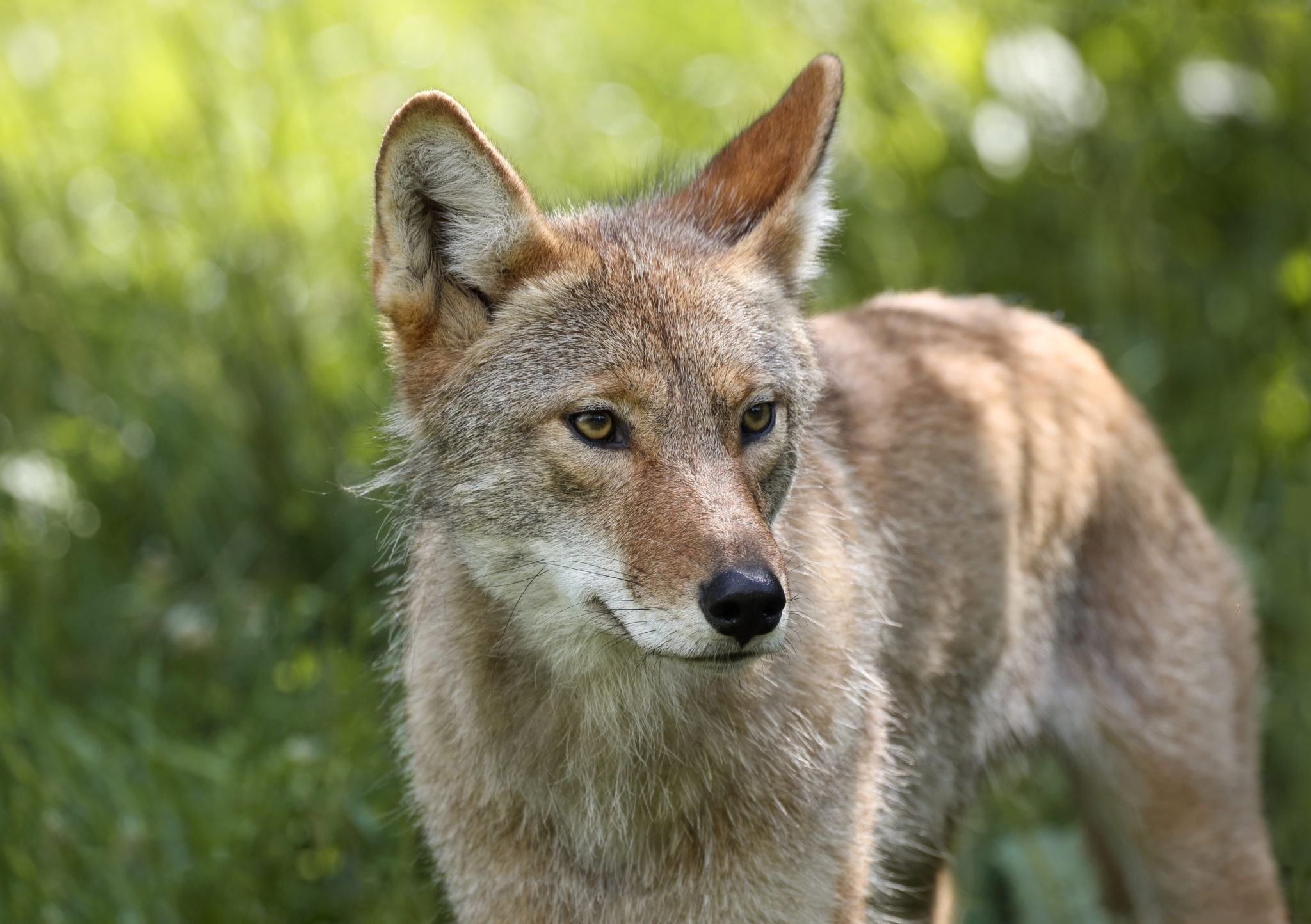DEPARTMENT OF PUBLIC SAFETY | Public Safety has recently been notified of an uptick in coyote sightings on and around the Westchester campus. DPS reminds LMU dog owners of the following common safety measures to avoid coyote encounters:
- Keep your dog on a 6-foot leash. Six feet is long enough to give your dog some freedom to explore, but helps you recall them at a moment’s notice;
- Avoid walking your dog at sunrise and sunset. Coyotes are often most active during these hours. Walking your dog at twilight increases the odds of an encounter;
- Stick to open trails and pathways. Areas with thick brush or going off trail will increase your chances of coming upon a coyote. Staying on trails (the more heavily trafficked, the better) in open areas increases your ability to anticipate and react to a coyote sighting;
- Avoid areas with known coyote activity. This is especially important during breeding and pupping season (usually February – July), when coyotes are more defensive of the area surrounding their den.
If you and your dog encounter a coyote:
- Leash your dog immediately.If you have a small dog, pick it up and carry it;
- Stand tall and assertive.Coyotes are wary of humans, and usually your presence is enough to scare it off. Maintain eye contact – don’t turn your back on the coyote, and don’t run. Running can trigger the coyote’s predatory instincts to chase you;
- Do whatever you need to scare the coyote away (August – January).Yell, stomp your feet, shake a jacket or noise maker, flash a light, toss rocks or branches at the ground near the coyote – whatever you need to scare it off. It is also better for the coyote’s own safety to maintain its natural fear of humans;
- If it is breeding and pupping season (February – July), don’t be as aggressive. You may be near a den and be considered a threat – yelling and throwing rocks may make the coyote more defensive. Instead, slowly and calmly walk away while still facing the coyote. Stay tall and maintain eye contact as you walk backwards, to let them know you still have the upper hand. The coyote may follow you some distance to ensure you are out of their territory.
- Report overly brazen coyotes. If a coyote comes too close, follows you too long, acts overly aggressive or does not respond to your scare tactics, please contact LMU Public Safety (310.338.2893, safety@lmu.edu, or via the Rave Guardianapp).




